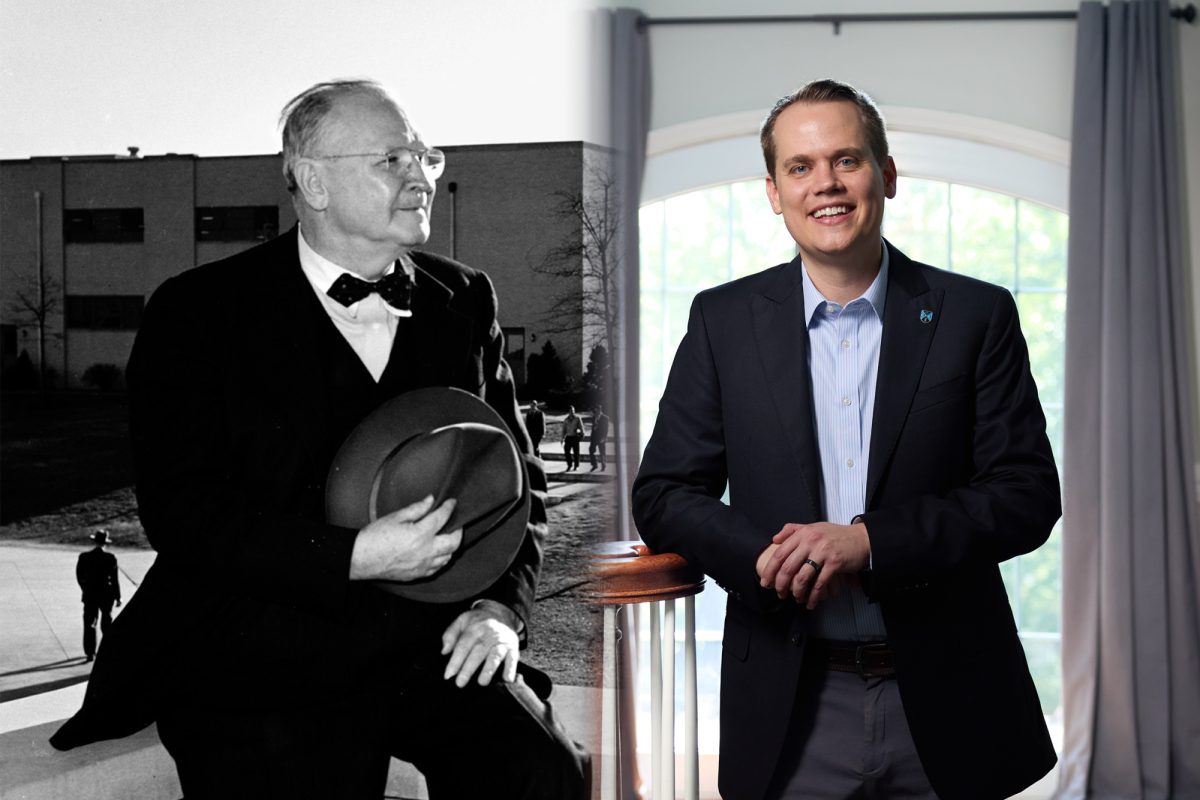Commitment. According to Merriam-Webster’s dictionary, commitment has a three-fold definition:
1. A promise to do or give something.
2. A promise to be loyal to someone or something.
3. The attitude of someone who works very hard to do or support something.
In a selfish society that promotes personal gain as most important, responsibility, obligation and duty are not very popular words.
These words imply restriction—in a world that craves freedom.
As Dr. Bob Jones Sr. said, “The test of your character is what it takes to stop you.”
Often, all it takes to stop someone is a simple change of mind.
Many people, especially college students, live a selfish life. Decisions are made in haste and based on current, unstable emotions.
With the “if this doesn’t benefit me anymore, I’m quitting” mindset, students become unreliable and irresponsible.
Ecclesiastes 5:5 says, “Better is it that thou shouldest not vow, then that thou shouldest vow and not pay.”
As Christians, we should apply this biblical principle to every decision we make.
Sometimes that means not overcommitting yourself, which can be difficult to avoid at times.
In a university where numerous extracurricular activities are available, we can easily take on more than we can actaully handle.
Know your limits.
Don’t feel bad for saying no when you know something is outside of your ability.
On the other hand, we should not be afraid to push our limits.
Remaining committed to a task will strengthen and stretch you.
Keeping our promises is one way that we can reflect Christ-like character.
As Dr. Pettit said, life is not going to get easier, so make a decision to not give up.





























































